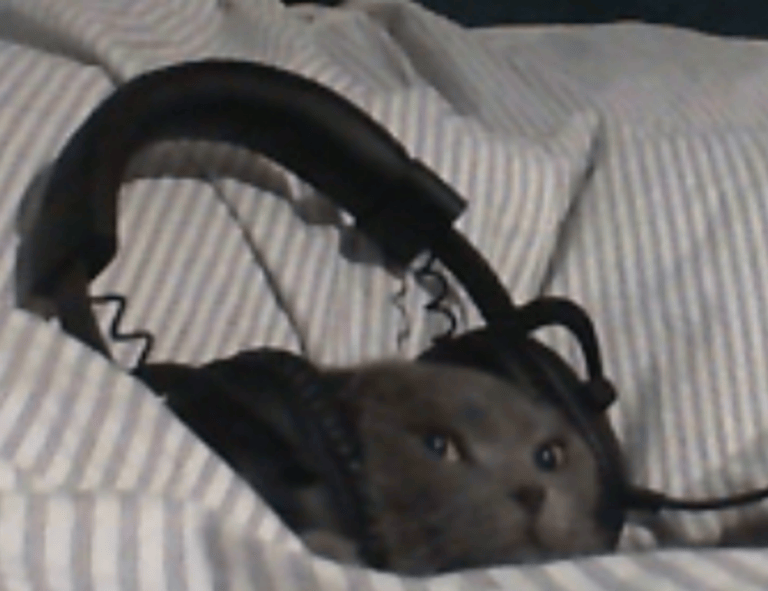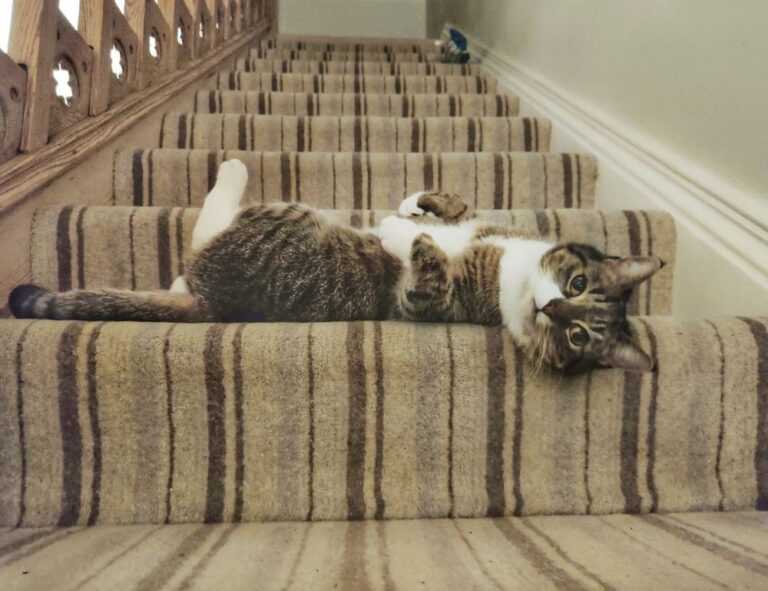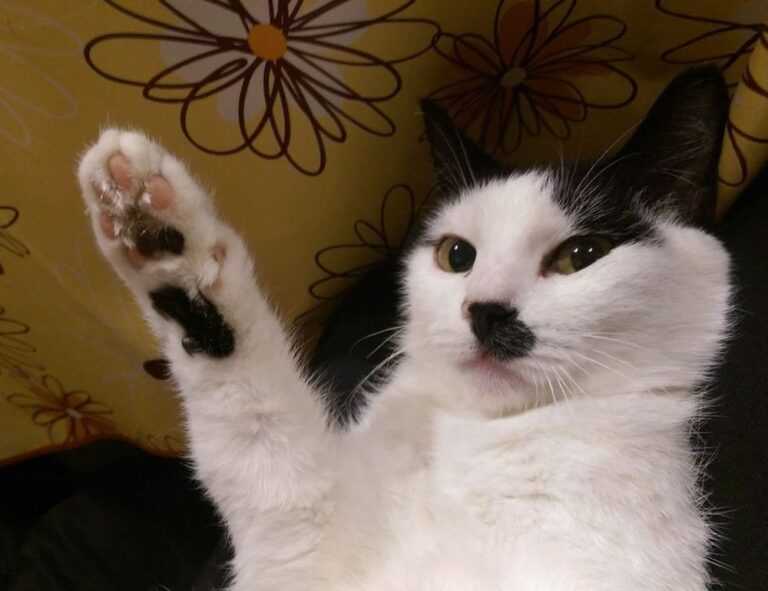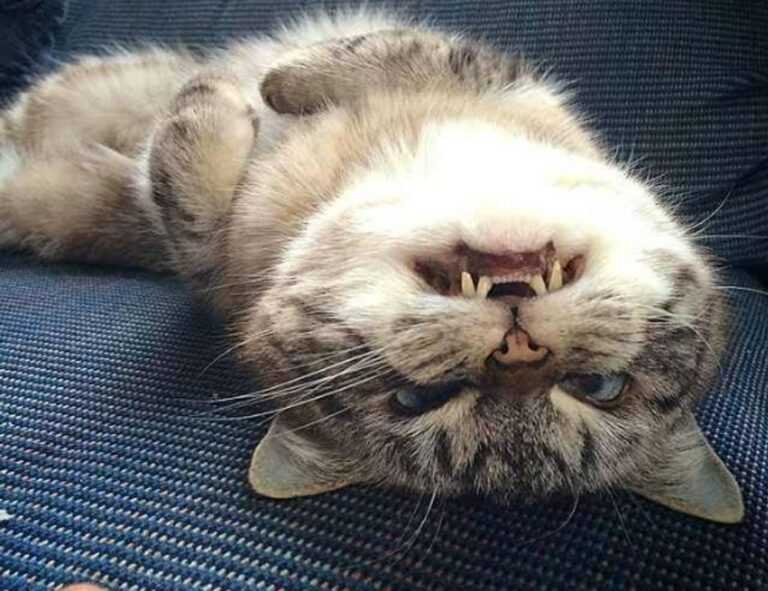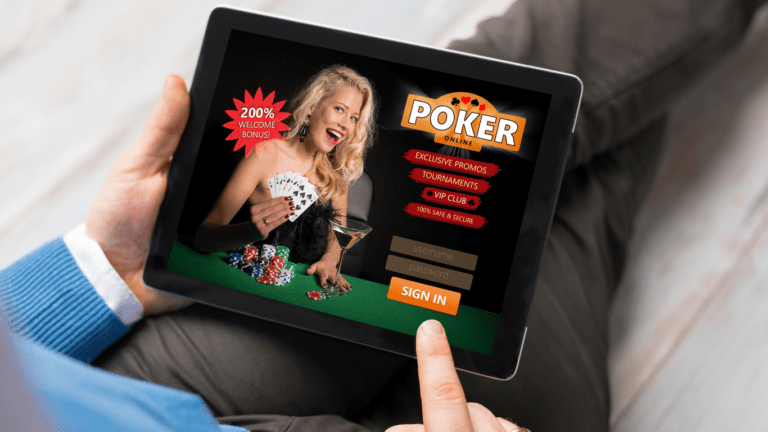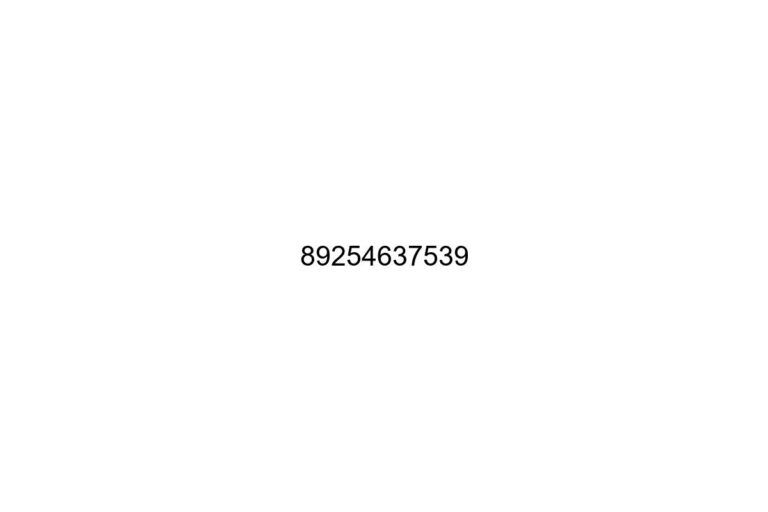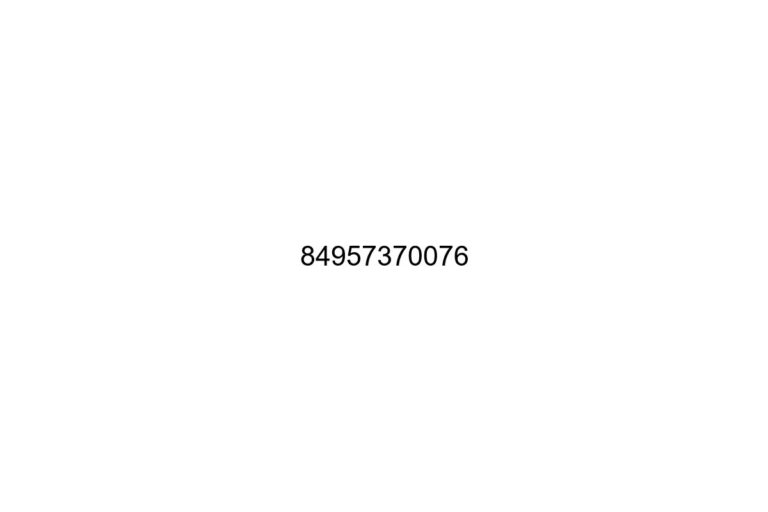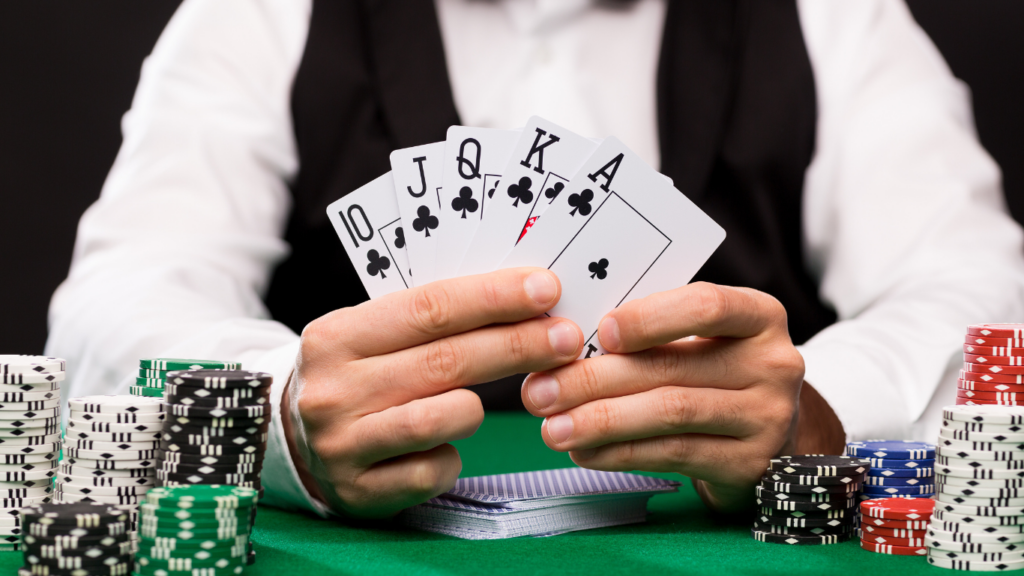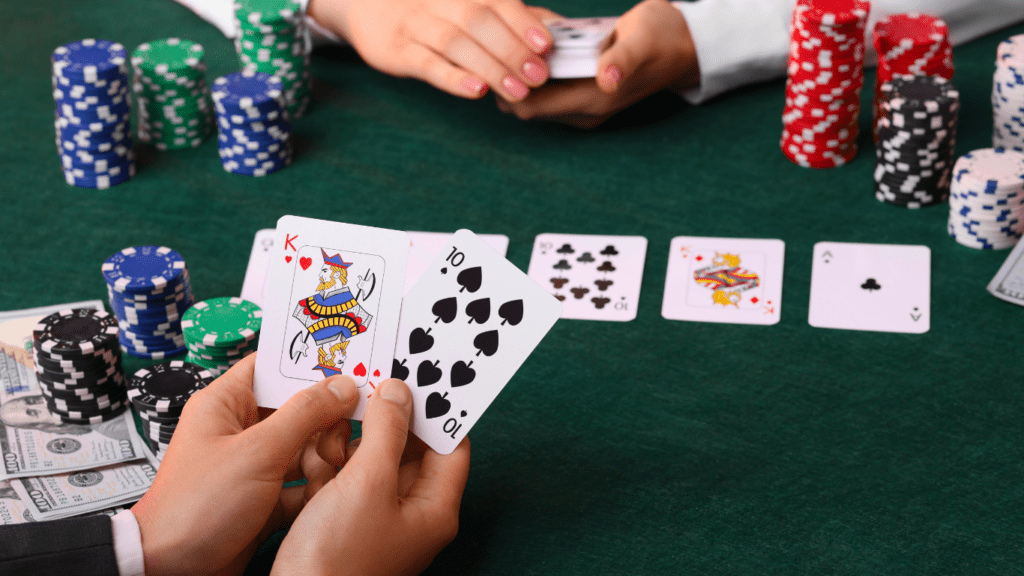Poker might seem like a glamorous world of high-stakes games and flashy wins, but behind the scenes, it’s a relentless grind. I’ve always been fascinated by how poker pros turn a game of strategy, skill, and luck into a full-time career. It’s not just about sitting at a table—it’s about discipline, focus, and an unshakable mindset.
The Life Behind The Cards
Balancing personal routines and poker sessions characterizes a poker pro’s life. Days revolve around strategic preparation, consistent learning, and disciplined habits to maintain an edge in the game. Behind the scenes, it’s less about flashy victories and more about:
- building decision-making skills
- emotional control
- mental stamina
Studying gameplay forms a core part of daily activities. Reviewing past hands, analyzing opponents’ strategies, and using tools like equity calculators sharpen performance. Professional players dedicate hours to understanding the mathematical aspects of poker and improving their understanding of player behavior.
Maintaining physical and mental well-being is essential. Regular exercise, proper nutrition, and mindfulness techniques reduce stress and improve endurance, ensuring readiness for long hours at the table. A sharp mind handles the psychological grind and prevents reckless decisions.
Social sacrifices often accompany this career path. Late-night games and travel schedules leave limited time for friends and family, making time management crucial. Successful players prioritize relationships and balance their personal lives with their professional commitments.
Behind every game lies extensive preparation and focus. The life of a pro demands more than skill—it requires unyielding dedication to optimizing every aspect of performance.
Building The Perfect Routine
Professional poker success relies on structure and consistency. A well-designed daily routine optimizes both gameplay and overall well-being, ensuring sustained peak performance.
Morning Preparation
Starting the day with clarity and focus sets the tone for productive poker sessions. I prioritize a consistent wake-up time, ensuring proper sleep for cognitive sharpness. A nutritious breakfast, rich in protein and healthy fats, helps maintain energy levels. I allot 10-15 minutes to mindfulness exercises, like meditation or deep breathing, to promote mental resilience.
Analyzing Previous Games
Reviewing past gameplay refines strategy and decision-making. I analyze recorded sessions using online replay tools, focusing on hands where I faced complex decisions. Tools like PokerTracker and HUD software help me identify patterns in opponents’ actions, allowing adjustments to my approach. Paying attention to bias or mistakes ensures continuous improvement.
Physical And Mental Fitness
- Physical health directly impacts my mental stamina during long sessions.
- I incorporate 30-45 minutes of moderate exercise daily, like yoga or cardio, to enhance endurance and reduce stress.
- Balanced nutrition, emphasizing whole foods, supports focus and sustained energy.
- Mental fitness involves practicing controlled breathing and visualization techniques, sharpening my ability to recover quickly from setbacks during play.
In The Zone: Daily Grind At The Table
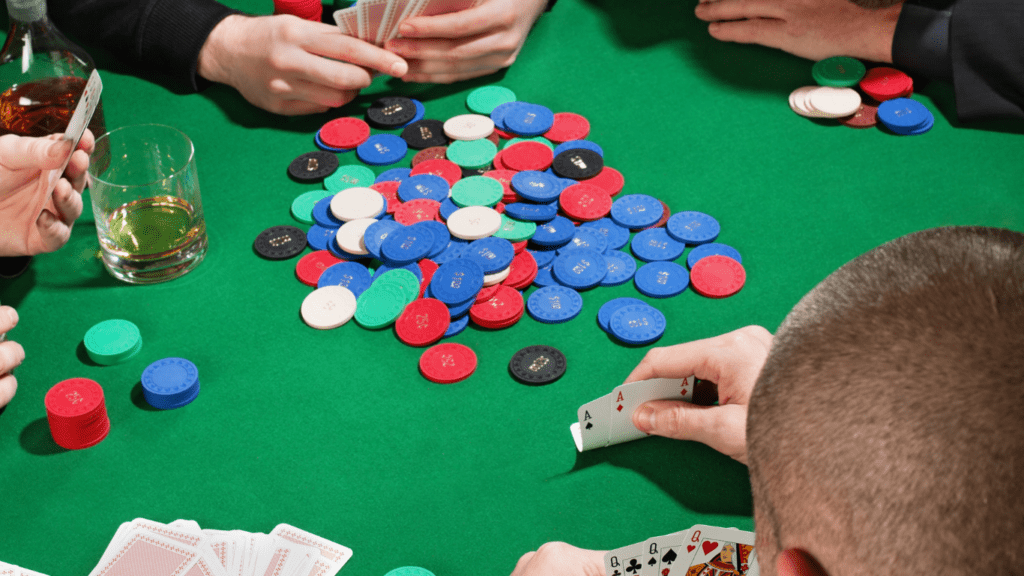
Professional poker demands consistent focus and adaptability. At the table, even minor lapses in judgment can affect results, so maintaining sharpness is critical.
1. Managing Emotions And Focus
I manage emotions by staying calm under pressure. Maintaining emotional control ensures rational decision-making during intense moments. Mental exercises, like meditation or practicing visualization, help me handle tilt—emotional reactions to unfavorable outcomes. Taking short breaks between hands allows me to reset mentally, ensuring I maintain focus throughout the session.
2. Reading Opponents
Observing opponents’ patterns informs strategic adjustments. I look for physical and behavioral tells, like betting frequency or timing, to infer their hands. Tracking betting ranges using poker software, combined with real-time analysis, provides additional insights. Knowing when to exploit aggressive players or fold against passive opponents requires this continual observation and adaptation.
3. Setting Goals And Limits
I establish clear session goals, measured not by winnings but by my decision quality and endurance. Setting financial loss and time limits prevents poor decision-making caused by fatigue or chasing losses. Sticking to these boundaries preserves my bankroll and ensures each session contributes to long-term consistency.
The Role Of Technology And Tools
Success in professional poker often hinges on the effective use of modern technology and tools. From tracking performance metrics to refining skills with advanced software, technology plays an indispensable role in a poker pro’s routine.
Tracking Performance
Monitoring gameplay data provides valuable insights into strengths, weaknesses, and overall progress. I consistently rely on specialized software like PokerTracker and Hold’em Manager to analyze session statistics, including win rates, hand frequency, and positional performance. These tools allow me to identify leaks in my strategy and make data-driven adjustments to improve long-term results.
I also use session reports to track my emotional consistency and adherence to pre-set limits. By reviewing key hands and performance graphs, I can better understand decision patterns and recognize areas for improvement. Tracking data over time helps me stay accountable and measure tangible growth in my game.
Utilizing Training Software
Regularly engaging with training software enhances decision-making and strategy optimization. Tools like GTO+ (Game Theory Optimal) and PioSolver assist me in understanding complex scenarios through simulations and model analysis. These programs teach me optimal play strategies for various poker situations, sharpening my theoretical knowledge.
I also incorporate hand review platforms to study high-stakes games and improve my adaptability. Tools like Flopzilla allow me to break down equity distributions across different board textures, helping me make more informed choices during real gameplay. Using these technologies as part of my routine improves not only my technical skills but also my confidence at the table.







